DHAKA: The army-backed interim government in Bangladesh on Wednesday appointed five advisers with the rank of ministers to fill “cabinet” vacancies.
The vacancies were created after four advisers suddenly quit the government on Tuesday, apparently taking responsibility for inefficient and irresponsible handling of critical issues.
Another adviser resigned in late December after two ancient statues of the Hindu god Vishnu disappeared from Dhaka airport while being sent to a French museum for an exhibition.
President Iajuddin Ahmed swore in the new advisers at the presidential palace at a ceremony attended by foreign diplomats.
They are former attorney general A F Hasan Arif, noted economist Hossain Zillur Rahman, Rasheda K Chowdhury, head of a non-government organisation, former chief of military intelligence retired major-general Golam Quader and A M M Shawkat Ali, a former top bureaucrat in the agriculture ministry.
Their portfolios would be announced later, presidential officials said.
Among those who quit on Tuesday were law and information adviser Mainul Husein, accused by media and analysts of irresponsible talk on sensitive political issues, and food chief Tapan Chowdhury, who was publicly criticised over recent food shortages and price rises.
Tapan argued that the government had nothing to do with spiralling commodity prices, which have doubled since the military-backed interim authority came to power a year ago.
Despite the criticism, some analysts expressed surprise at the departure of the four, all of whom had been close to the interim government head, Fakhruddin Ahmed.
Analysts said it was likely that the armed forces, Fakhruddin’s main support, were unimpressed by the advisers’ performances.
Dhaka’s leading newspaper, the Daily Star, said the move showed that the government was trying to reform itself.
Fakhruddin has said reform in politics and governance was of top priority as his administration worked to fulfil its pledge to hold elections before the end of this year.
More than 170 key politicians including former prime ministers Sheikh Hasina and Begum Khaleda Zia, have been detained in an unprecedented anti-corruption drive well received by the public in a country often rated the world’s most corrupt.
Hasina and Khaleda both face multiple corruption charges and, if convicted, would be barred from contesting the coming polls.
Atiur Rahman, a Dhaka University professor of Development Studies and a leading analyst, said the changes in the advisory council or cabinet should have little impact on the actual working of the interim government.
He said that what was more important now was whether the government was able to avoid distractions and make good on its pledge to hold elections in 2008 as promised.
Chief Election Commissioner A T M Shamsul Huda said the polls would take place according to the agreed timetable.—Reuters

















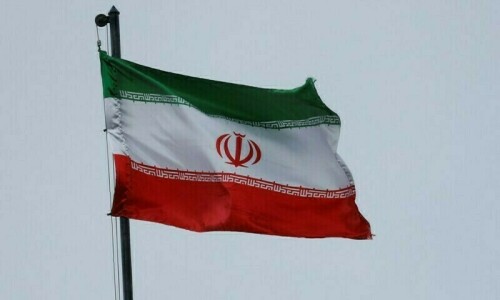

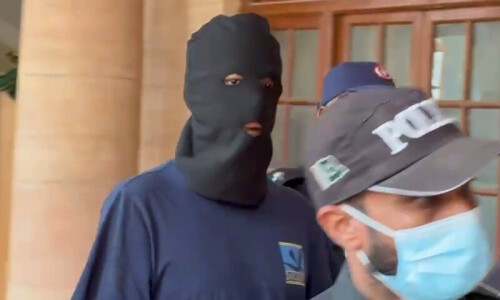

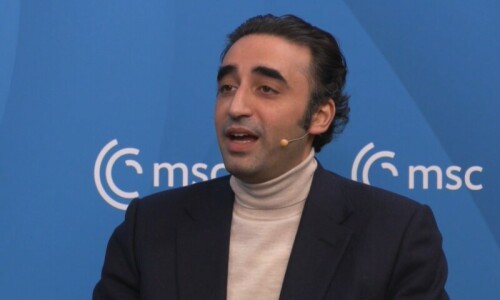



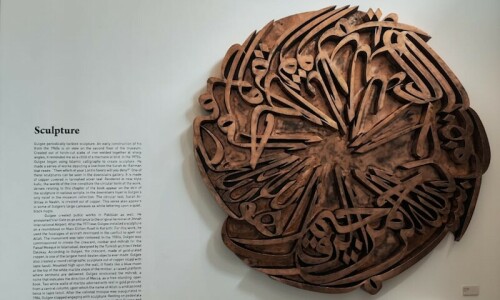











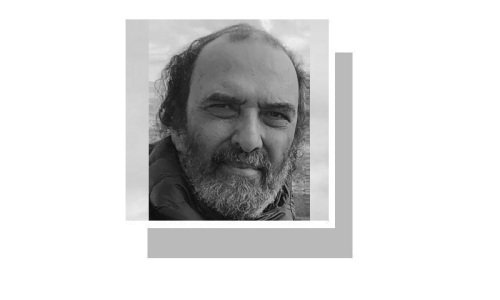


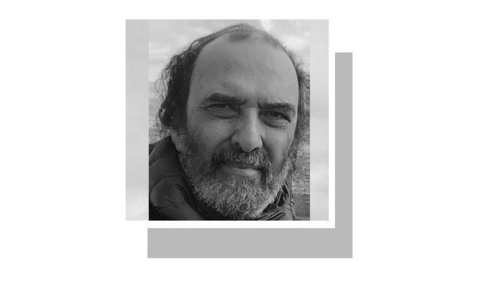
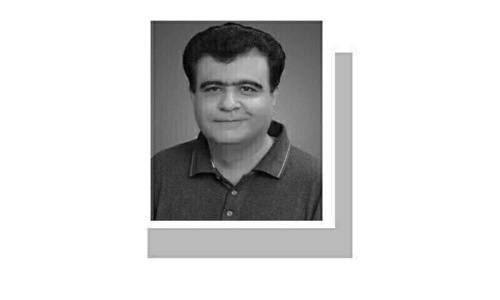







Dear visitor, the comments section is undergoing an overhaul and will return soon.